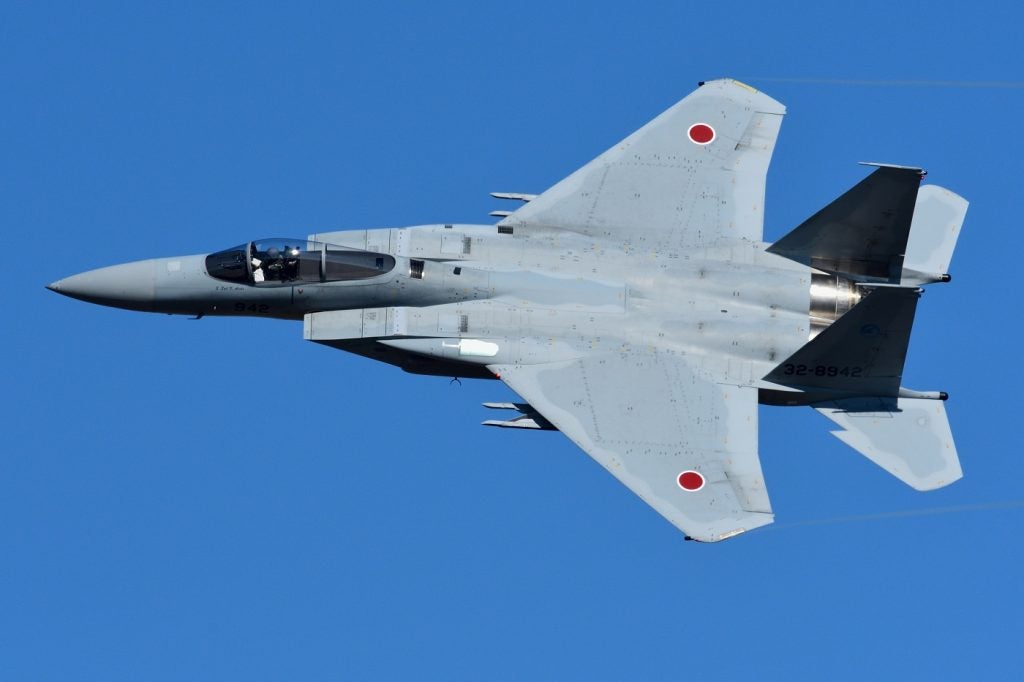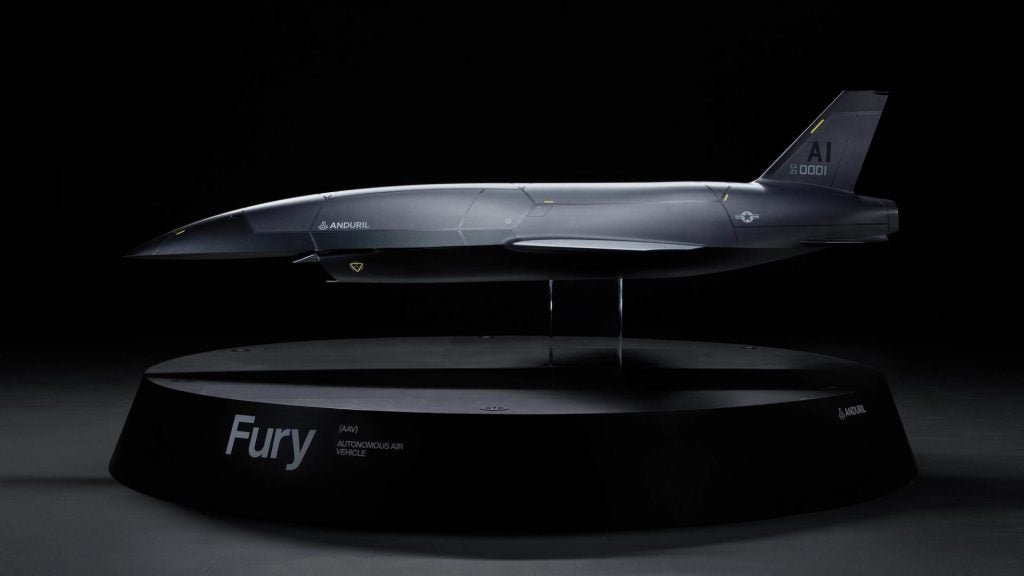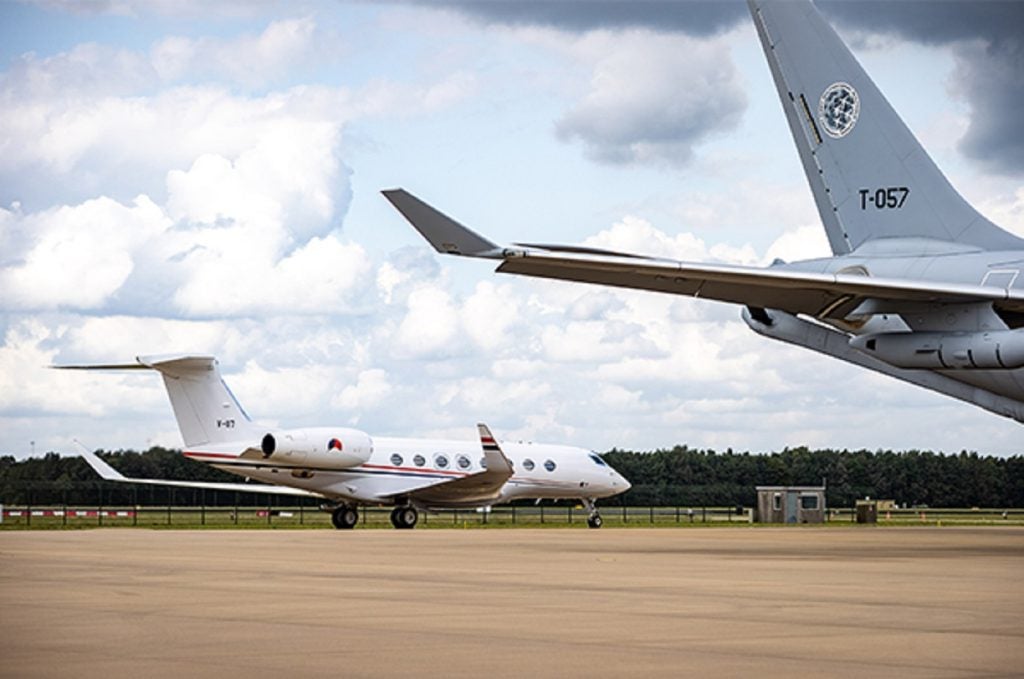Boeing has secured a contract worth $474.5m (Y70bn) to bolster Japan's air defence capabilities through the F-15 Japan Super Interceptor Programme.
This foreign military sales contract includes integrating the Eagle Passive Warning Survivability System for the Japan Air Self-Defense Force. The JSDF operates a diverse fleet of fourth-generation fighters, inclusive of the Mitsubishi F-2 and F-15 Eagle, according to GlobalData's "Japan Defense Market 2023-2028" report.
The EPAWSS upgrade's primary objective is to enhance the combat effectiveness and survivability of the F-15E and F-15EX fighter jets. With this advanced system in place, the fighter jets will receive advanced capabilities to detect and counter ground and airborne threats while enhancing battlefield situational awareness.
Boeing commenced the integration of the EPAWSS on the US Air Force's first two F-15E aircraft in July 2022. The development, production and integration of the EPAWSS system on the USAF's aircraft was a collaborative effort of Boeing and BAE Systems. BAE Systems also provided an additional EPAWSS for the US Air Force's F-15E and the F-15EX aircraft in September 2022.
According to GlobalData's "The Global Military Fixed Wing Aircraft Market 2023-2033" report, The Boeing Co. is anticipated to account for the fourth highest revenue share of $17.4 billion over the forecast period in the Asia-Pacific market.
Furthermore, Indonesia and Boeing recently signed a memorandum of understanding for the potential sale of 24 F-15EX aircraft to Indonesia, contingent upon the approval of the United States government. Boeing is also actively showcasing the fighter at the MPSO Defense Industry Exhibition this September in Kielce, Poland, hoping to coax the host country into adopting the American-manufactured aircraft.











